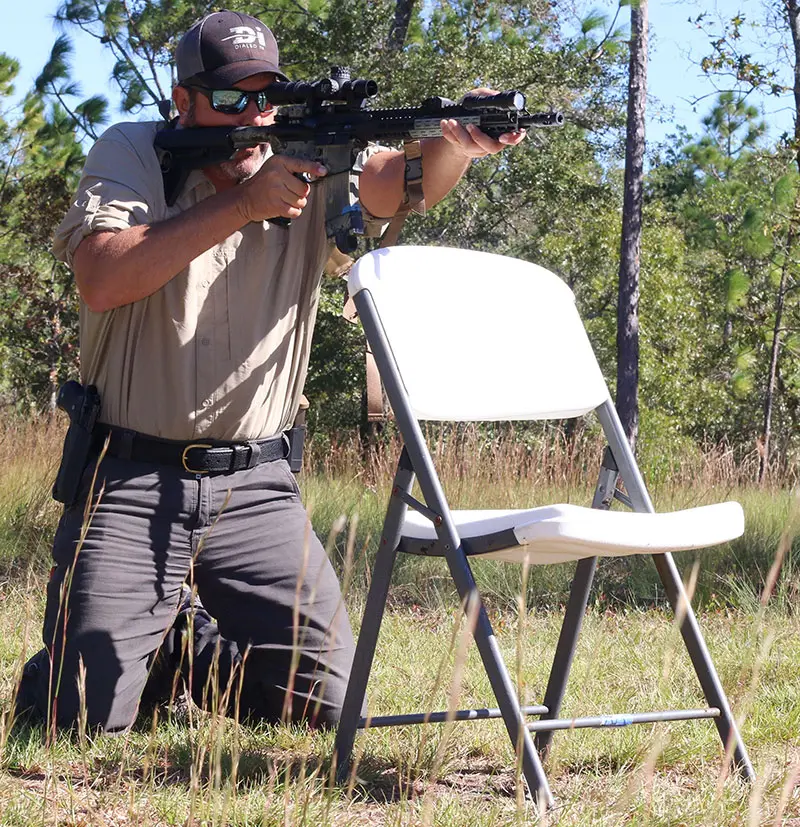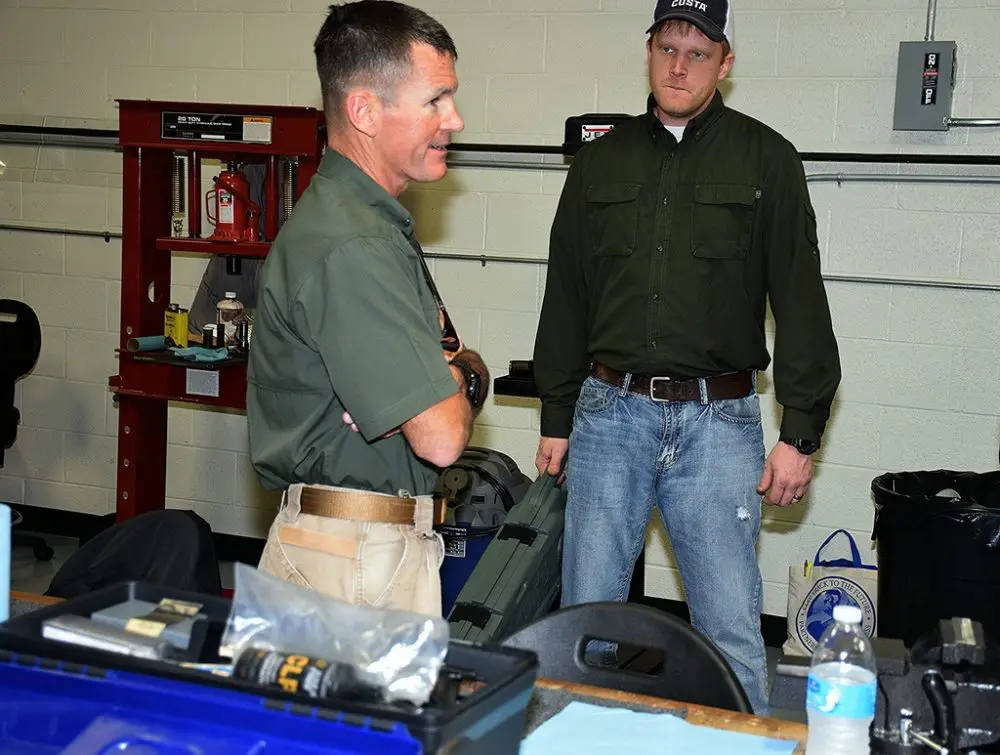Well, I hope you’re happy: the EMP event has finally occurred, widespread looting and race wars have started, zombies have risen from the grave, Canada has invaded the U.S., dogs and cats are living together in sin, and your mother-in-law just announced she’s moving in for six months.
It’s time to bug out.
You quickly but carefully gather up all your supplies, medications, communications gear, assorted family members and lesser animals, a sack full of gold sovereigns, and enough firepower to overthrow most Caribbean countries, then egress via your fully tricked-out Bug Out Vehicle to your secret mountain hideaway to await the coming apocalypse.
Doesn’t that sound like a common emergency response dream for many folks?
If you are even slightly acquainted with the preparedness movement, you hear much blather about “bugging out.” This is because many preppers cling to the idea that when things get ugly, they will simply flee the area and head for greener pastures. In fact, a good drinking game is to invite four of your prepping friends to your house for lunch and then take a shot of bourbon every time the term “bug out” is used.
You’ll probably have trouble forming sentences by the end of The Jerry Springer Show on channel 5.
Before we go any further, I’ll allow that this whole fixation with bugging out isn’t such a bad strategy in some instances. If your home is currently under eight feet of water, a prudent person would relocate.
However…
I’ve made the point numerous times in these pages that bugging out is a reasonable plan only if you’ve made a thorough and non-idealistic review of all the complicated logistics involved. After all, “living off the land” is a romantic idea—until 250 million other people attempt the same thing. On top of that, people are already living wherever you plan to go, and they might not welcome you with open arms. Finally, there’s also the discussion of whether such a Mad Max scenario would even actually occur in the first place.
Regardless of my jaded view toward bugging out, another scenario is often overlooked yet far more likely.
I’m referring to situations where someone like me starts pounding maniacally on your door and yelling, “Police! Get out! Get out!” The reason could be a ruptured gas main, hazardous material spill, barricaded gunman two doors away, bomb threat at your hotel, or another annoyance not of your own making.
While I’ve never been forced to flee The End of the World As We Know It, I have certainly displaced hundreds of people in situations similar to those listed above. In fact, 12 hours before these words were written, I was double-checking an “empty” apartment during a fire scene and discovered a suddenly frantic woman who had been overlooked during the initial evacuation. She wasn’t in any imminent danger from the small blaze in another unit, but she did face a serious health threat stepping outside in the sub-20 degree wind chill.
Why? Because she wasn’t prepared to be forced from her home with literally one-second notice.
Therein lies the crux of today’s sermon: plan all the complicated Road Warrior-style bug-out maneuvers you want, even though the odds are good you’ll never be forced into such a retreat, but don’t forget there’s a high probability that someday you’ll have to instantly flee your home or office due to a lesser crisis.
Quick test: stand at your front (or office) door and ask yourself, “What do I do if I have 15 seconds to evacuate?”
First and foremost, based on the number of cold and semi-dressed people I’ve seen wandering around during various emergencies, clothing appropriate for the weather and sturdy shoes are the most important items you’ll need. If you have the typical coat closet near your front door, the clothing problem is easily solved, but make sure there’s at least one pair of slip-on shoes staged there too.
This admonishment also goes for the office. Women in dresses, high-heeled shoes and fashionable but inadequate coats are especially at risk during evacuation and the aftermath. A pair of sneakers, pull-on sweatpants and a heavy coat or jacket kept in a gym bag under your desk might just transform you into the smartest-dressed salesperson at the emergency shelter.
If you can only grab one item, grab your cellular phone. A means of communication can facilitate resupply or evacuation, or simply give peace of mind. Don’t underestimate the importance of letting family know you are alive and well when there are live news broadcasts of a major calamity taking place at your factory.
You might want to have some other items ready, provided they are near the door, lightweight, and have minimal bulk. For further inspiration, research those bags we preppers are always talking about: “EDC,” “Bug-Out,” “72-Hour,” “Get-Home,” “Grab and Go,” “Crisis Kit,” or “The old suitcase we keep in the closet for emergencies.”
That reminds me: another good drinking game is to take a shot every time one of your prepping buddies starts pontificating about gear bags.
However, use caution because if you play, you’ll likely be in a coma by the end of the noon news.




